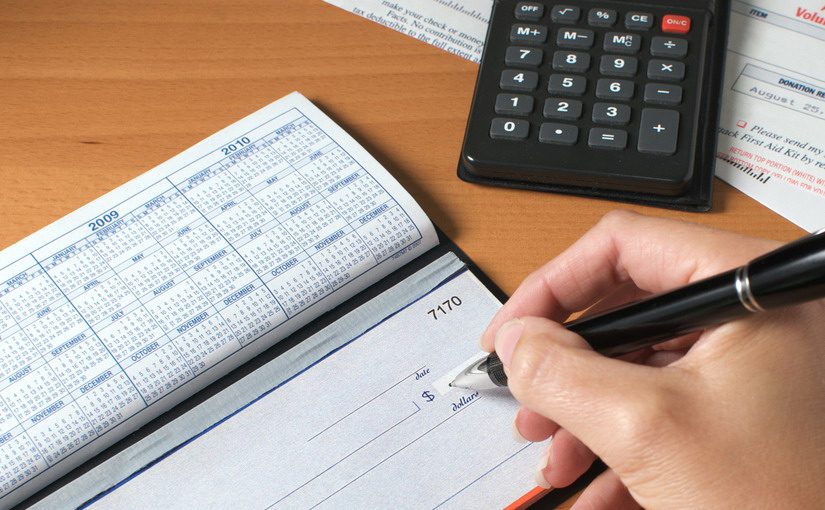Personal finance management and investing is one of my newer personal passions, so I’m going to start blogging about those topics here on a regular basis. I’d love to hear from people on how they manage their money!
I still use cheques now and then (those are “checks” for you ‘muricans) but they tend to be larger values (my son’s school tuition, summer camps, community HOA fees, etc.) and I despise the unpredictability of not knowing when they’ll be cashed. I’ve been burned more than once by having a cheque I’d forgotten about be cashed, pushing my account into a negative balance and triggering an overdraft move of money from another account (and sometimes a fee).
Leaving money in my chequing account is a pain since I zero it every week (on Thursday nights to be precise). If someone was doing old-school cheque-book accounting, and keeping a running tally, they wouldn’t have this problem – but I just can’t run my financial life using a model so restrictive, and, frankly, cumbersome. I wanted a solution that would work for my financial management style.
I decided instead to take an approach that would give me more control, but took the essence of the chequebook approach: you make sure for every cheque that is written, there are sufficient funds to cover it, and those funds are never touched because they’re already spent. I created a “Write a Cheque” bank account where I move the exact amount of the cheque over from my main chequing account, and leave it there. So over a period of weeks the “Write a Cheque” account goes to zero as each cheque is cashed. I’ve been using this method for several months and it has completely solved my challenge.
How do you deal with cheques in your day today financial life?
Photo above courtesy of eComm Merchant Solutions.
